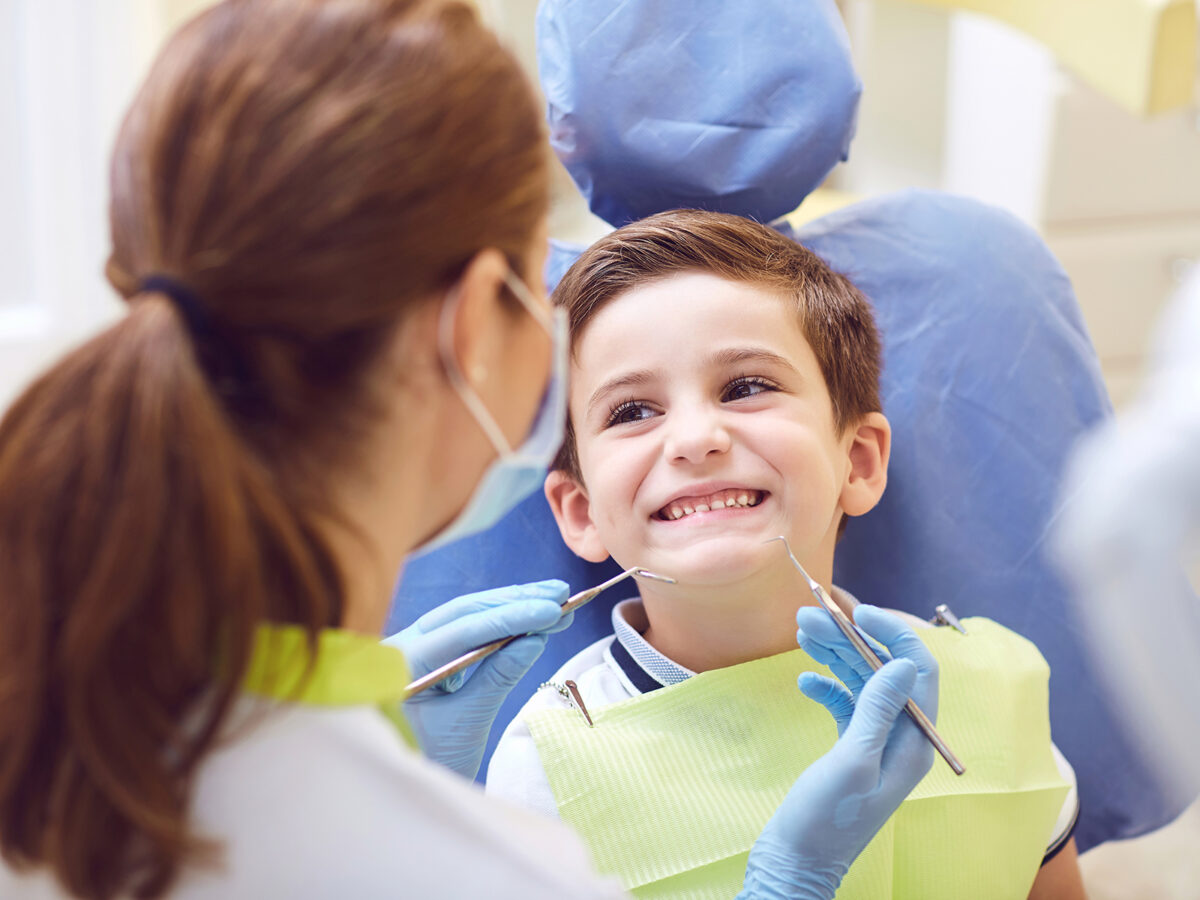Blog
Dental hygiene tips for healthy teeth & gums

Does Your Child Need Endodontic Treatment?
When a child presents with a damaged tooth or exhibits signs of a diseased tooth, immediate consultation with a pediatric dentist is imperative. However, discerning the appropriate course of action can be daunting for parents, especially when confronted with unfamiliar terms like “endodontic treatments.” Often, parents might misconstrue a child’s toothache as a natural byproduct of shedding milk teeth or the emergence of permanent ones.
This article aims to demystify endodontic treatments and guide parents on the requisite steps to ensure their child’s dental well-being.
Understanding Endodontic Treatment:
Endodontic treatments address infections and inflammations of the tooth, often stemming from cavities, fractures, or trauma. The most ubiquitous endodontic procedure is the Root Canal Treatment (RCT).
During an RCT, the dentist anesthetizes the affected area, creates an access point in the tooth, and meticulously removes the infected pulp. Subsequently, they seal the tooth. RCTs are particularly efficacious in treating infections within the tooth’s inner chambers.
Diagnosing the Need for Endodontic Treatment in Children:
Early diagnosis and intervention are paramount. While it’s common for children to experience transient toothaches due to natural dental development, persistent pain, inflammation, or heightened sensitivity warrant immediate attention.
A pediatric dentist can conduct a thorough examination, potentially supplemented by X-rays, to ascertain the extent of the infection. Procedures like pulpectomies can salvage even severely decayed teeth if initiated promptly. Conversely, delays can lead to irreparable damage, necessitating tooth extraction.
Endodontic Treatment Options for Children:
Endodontic treatments for children can be broadly categorized into pulp and non-pulp therapies. Pulp therapies aim to preserve part of the affected tooth, while non-pulp treatments, like root canals, are reserved for more severe cases.
Types of Pulp Therapies:
- Protective Base: Post decay removal, a protective layer is applied to shield the tooth from further damage, preceding the placement of a filling.
- Indirect Pulp Cap: Employed when decay approaches the pulp. A protective dressing is applied to shield the pulp and arrest further decay.
- Direct Pulp Cap: After excising decay, a cap is placed to prevent further deterioration. The decayed portion is supplanted with filling material, and the cap safeguards the exposed pulp.
- Vital Pulpotomy: This procedure is apt when only the tooth’s crown is affected. The decayed crown is removed, preserving the healthy roots, and the tooth is subsequently capped.
Conclusion:
Prioritizing dental hygiene is non-negotiable both for children and adults. Proactive measures, such as regular dental check-ups and a robust daily oral care routine, can preempt many dental issues. Parents should be vigilant about potential symptoms of dental diseases in their children and seek prompt professional intervention. Regular dental visits can not only address immediate concerns but also inculcate the importance of oral health in children from a young age.


